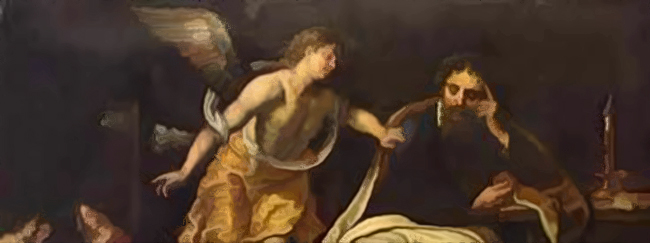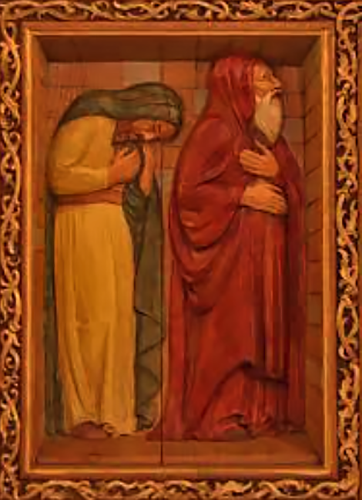
The term “eternal” in “eternal life” refers not so much to the length of life as to its fullness. To enter eternal life is to become fully alive with God forever, to experience untold joy, serenity, and peace in an eternal embrace with Him forever. Having our communion with God perfected, we will also have our communion with one another perfected. We will be caught up in the great movement of love that is the life of the Trinity. It’s not about houses and seats of honor; it’s about a place in the heart of the God who made us and loves us. It is to become fully alive and perfect as the Father is perfect. To be in eternal life is to imagine ourselves outside the temporality that imprisons us and, in some way, to sense that eternity is not an unending succession of days in the calendar but something more like the supreme moment of satisfaction, in which totality embraces us and we embrace totality—this we can only attempt. It would be like plunging into the ocean of infinite love, a moment in which time—the before and after—no longer exists. We can only attempt to grasp the idea that such a moment is life in the full sense, a plunging ever anew into the vastness of being, in which we are simply overwhelmed with joy. This is how Jesus expresses it in Saint John’s Gospel: “I will see you again, and your hearts will rejoice, and no one will take your joy from you” – Pope Emeritus Benedict XVI









